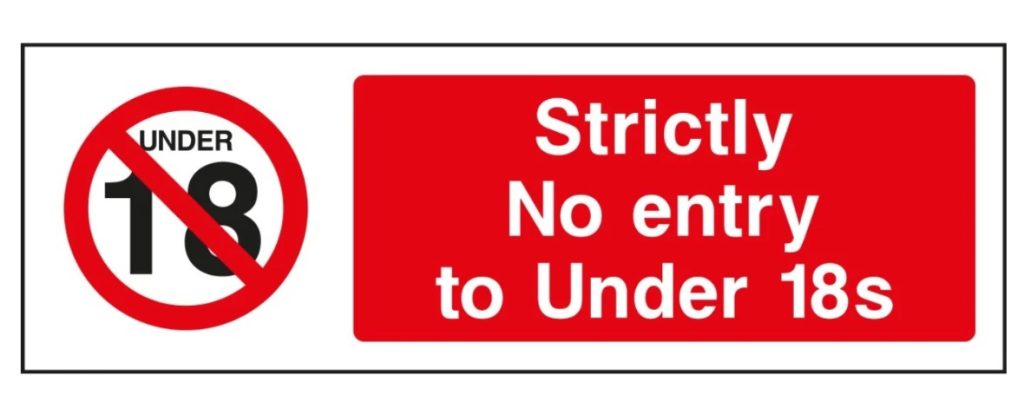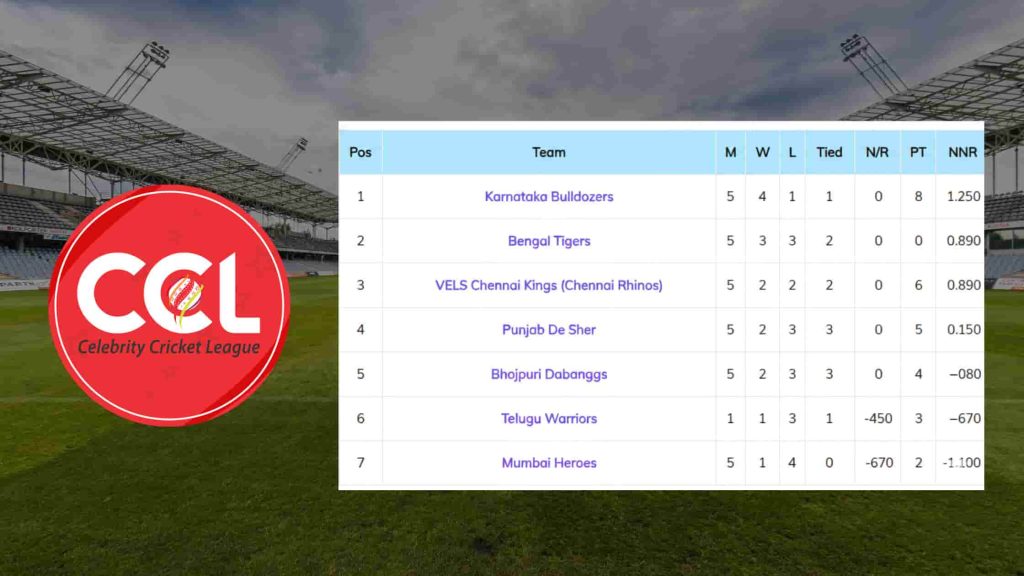The Online Gaming Bill 2025 is India’s new law to control the country’s huge digital gaming industry.
The Indian gaming market is set to be worth $3.6 billion by 2029, with over 400 million gamers making billions in revenue as per Lumikai, a venture capital firm.
While the opportunity is huge, India needs clear rules to fix legal problems, protect users, and stop illegal activities.
This article looks at the upcoming proposed bill’s rules, effects on the industry, and what it means for gamers, businesses, and investors in India’s changing gaming world.
What is the Online Gaming Bill 2025?
The Online Gaming Bill 2025, officially called the Promotion and Regulation of Online Gaming Bill, 2025, is a 13-page Bill which has not been made public yet.
It is expected to be presented in the Lok Sabha on Wednesday, 20th August, 2025, and creates detailed rules that separate different types of games.

The law requires licenses for real platforms and sets strict rules for everyone in the industry. Legal experts will become important helpers for companies trying to understand complex rules and follow new standards properly.

Right now, there are talks and people are indicating about adding a 40% tax on gaming money, which is a big change in how gaming income gets taxed.
This idea aims to make taxes the same for everyone while getting more money for the government from this fast-growing industry.
Government Objectives Behind The Online Gaming Bill
Next are the main government goals driving this detailed rule-making system and why they matter.
| Objective | Explaination |
|---|---|
| Protect users | Push responsible gaming and prevent harm to users through strong safety measures |
| Legal clarity | Make clear differences between skill games and luck-based gaming activities |
| Regulate operators | Make sure businesses play fair and pay standard taxes across all gaming platforms |
| Prevent illegal gambling | Close rule gaps that let unlicensed operators work freely |
| Maximize revenue | Track and properly tax all legal gaming money |
Now, let’s look at how different game types are classified under the new legal system.
Legal Status Of Different Games In Online Gaming Bill 2025
Understanding game classifications helps people know what rules they need to follow and what permissions they need under the new system.
The new policy says strictly no to sports betting this time, and if you still want to play, then you have to follow the tax policies and rules.
| Game Type | Legal Status |
|---|---|
| Skill-based games | Allowed with proper licenses and following all rules |
| Chance-based games | Banned or heavily limited under new rules |
| Fantasy sports | Allowed with right licenses and proper watching |
| Online casinos | Completely banned under the bill’s rules |
As we Indians have very large fanbases for online gaming almost equal to some popular sports in India, the bill requires strong responsible gaming measures.
This includes must-have age-checking systems, spending limits, clear addiction warnings, self-ban tools, and special helplines to fight gaming addiction. Promoting good practices across the industry.
Key Provisions of the Online Gaming Bill
This section outlines the bill’s basic rule requirements and standards that industry players must follow.
1. Legal Age for Online Gaming
All gaming platforms must enforce strict 18-year minimum age rules with strong checking systems to stop underage playing and protect young people.

2. Permitted and Prohibited Games
Only licensed skill-based gaming platforms get approval to operate, while luck-based gambling activities face complete bans or severe limits under rule watching.

3. Licensing and Registration Requirements
Gaming platforms must get proper licenses and complete detailed registration processes before starting operations, making sure they follow rules and protect users.

4. Tax Implications for Companies and Gamers
New tax rules apply to both gaming companies and individual players, especially targeting winnings above certain amounts with clear reporting requirements.

5. Advertising and Promotional Restrictions
Strict limits control gaming ads and promotional activities, stopping misleading marketing while making sure legal gaming services are promoted responsibly.

While creating rule-following challenges, it establishes safer gaming environments and real growth opportunities for responsible operators willing to meet rule standards.
Impact of the Online Gaming Bill
Major sports leagues and teams have formed profitable partnerships with gaming companies, creating broad exposure through sponsorships and endorsements.

The bill addresses these worries by bringing in detailed regulation, better user protection measures, and market clarity.
The bill is going to make a huge impact on existing Major Sports Policies and Schemes in India.
1. Impact of Online Gaming Bill on Online Gamers
This analysis looks at how new rules will directly affect individual gaming experiences and user interactions.
| Aspect | What Changes |
|---|---|
| Game access | Gaming is limited to licensed, skill-based platforms only |
| User protection | Better user safety measures with easy-to-reach support helplines |
| Winnings/taxation | Tax duties apply to winnings going over rule limits |
| Addictions | Advanced self-management tools and addiction prevention resources |
Now, let me look at the bigger effects for gaming companies and new startups in the sector.
2. Impact of Online Gaming Bill on Gaming Companies & Startups
India has a large number of Sports & Gaming Startups, and here’s how they will be affected due to this new policy:
1. Compliance Requirements: Gaming companies face more rule duties requiring big investments in legal following, operational restructuring, and ongoing monitoring systems to meet government standards.
2. Operational and Financial Implications: Businesses must take on higher operational costs related to licensing, rule-following systems, and regulatory reporting while adapting existing business models to new legal frameworks.
3. Penalties for Non-Compliance: Non-following operators face severe consequences, including big financial penalties, operational suspensions, and potential criminal charges for breaking gaming rules.
4. Opportunities and Challenges: While rule-following businesses gain competitive advantages in a regulated market, existing platforms must invest heavily in adaptation or risk market exit.
3. Impact of Online Gaming Bill on Investors & Entrepreneurs
- Market Opportunities: Regulation increases investor confidence by creating legal, clear gaming markets with clear operational guidelines and reduced rule uncertainty.
- Investment Risks: Rule-following costs and changing legal requirements create new risk factors requiring careful evaluation and strategic planning.
- Sector Rewards: Clearer rule frameworks attract more users and big
investors, potentially increasing market values for rule-following operators. - Growth Prospects: Legal gaming markets show strong expansion potential as regulation removes illegal competition and builds user trust.
- Innovation Opportunities: Defined rule boundaries encourage innovation while merger and acquisition activities increase in stable market environments.
What This Means for the Future of Online Gaming in India
Looking ahead, the bill’s implementation will reshape India’s gaming through detailed rule transformation.
1. Long-term Market Legitimacy: Regulation establishes sustainable foundations for India’s gaming industry with clearer operational guidelines and user protection standards.
2. Enhanced Safety Standards: Improved user protection measures and good gaming practices become industry standards, building greater user confidence.
3. Operator Consolidation: The industry employs more than 200,000 professionals and supports 400+ startups. Smaller, non-rule-following operators will face big challenges.
While larger, licensed businesses gain competitive advantages and growth opportunities in a market expected to grow at 10.8% yearly until 2027.
4. Innovation in Skill-Based Gaming: Rule clarity encourages technology advancement and product development within approved gaming categories and formats.
The global skill gaming market is forecast to grow at over 12% yearly from 2025 to 2034, giving Indian companies big opportunities.
5. Market Expansion: India’s legal gaming sector is attracting increasing local and foreign investment, with $3 billion in FDI between 2020 and 2024.
This positions the country as a global gaming hub with projected earnings of Rs 316 billion by 2027, making it a major player in the world gaming market.
Conclusion: India’s Gaming Future Gets a Regulated Framework With New Online Gaming Bill
The Online Gaming Bill 2025 establishes India’s first detailed rule framework for digital gaming, balancing industry growth with user protection.
It clearly defines legal gaming categories, requires operator licensing, implements tax structures, and addresses addiction concerns.
You, as a gamer, benefit from better safety measures, while businesses gain operational clarity despite increased rule-following costs.
Investors see reduced rule uncertainty and improved market legitimacy, creating a foundation for sustainable industry growth. What are your thoughts on India’s new gaming rules?
FAQs
Digital games played online across devices, including skill-based games, fantasy sports, and competitive gaming platforms
Interactive digital gaming through internet platforms involving competition, skill-based challenges, or multiplayer experiences
Proposed 40% tax on gaming revenues with additional taxation on individual winnings above specified limits
Licensed skill-based gaming is legal under new rules, while chance-based gambling remains restricted or banned
Through official regulatory authority helplines and government portals dedicated to gaming rule-following and user complaints








